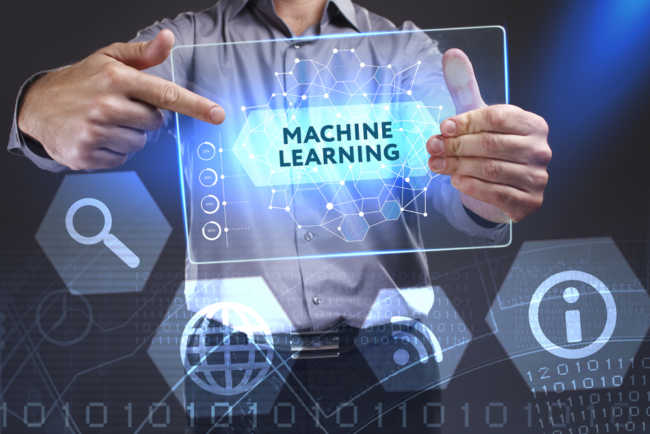How Machine Learning can help SMEs to maximize the value of operational data
Data generated by manufacturing or process operations, especially time series data, is very rich in information that can provide actionable insights on the current and future health of the production systems and the products they create. As companies start to digitize their industrial operations, they are learning that they are rich in operational data but poor in the ability to analyze such massive amounts of it. As a result, much of this data goes underutilized as traditional approaches such as regression models, statistical process control (SPC) and optimization have limitations to effectively leverage multivariate trends and uncover new insights for improving operations.
Machine learning for industrial operations
A key source of insights in time series data comes from multivariate trends, also called patterns, which are often reviewed forensically to understand past system behavior. Such patterns are often hard to describe and cannot be easily captured by traditional analytics approaches. As a result, they rarely get established for predictive analysis.
Machine learning has emerged as a leading approach to maximize the value of operational data through pattern recognition. Machine learning enhances this by not just recognizing defined patterns, but by its ability to learn and discover new ones and correlate them to operational events. With this is in place, the operational analytics system can then perform pattern recognition, condition monitoring and predictive analytics in real time on existing operational data. These predictive systems are helping industrial companies reduce downtime and improve throughput and quality in both discrete and continuous manufacturing operations
Challenges with platform strategies
However, most commercial machine learning solutions today are delivered as platforms or require you to have data scientists on staff to prep the data, model the system, interpret results, and make operational recommendations. This poses two challenges that lengthen the time to needed to see value. Platforms get in the way of existing workflows or other digital initiatives and can disrupt critical operations, as they require more resources, proprietary instrumentation, and time to deploy. Data scientists are hard to come by (and expensive) and, even when available, are often not domain experts in manufacturing operations.
Industrial subject matter experts (SMEs), on the other hand, understand and often design operational processes and best practices. These high-value manufacturing, operations and process engineers have specific knowledge of how to operate equipment, execute maintenance, and ensure safety. However industrial SMEs are often overloaded. So improvements are often limited in scope due to lack of time to implement more complex solutions.
More about Challenges of Machine Learning Implementations
Optimizing for industrial SMEs
The optimal solution to this challenge is when the machine learning system is ready to be used by industrial SMEs themselves without much effort. The SMEs can feed into the machine learning system existing multivariate time series data generated by their operations and, based on the predictive insights & alerts provided by the system, determine the corrective action to be taken. Such an approach is effective because:
- The industrial SMEs retain both the control and visibility needed to drive improvements.
- The SMEs are in the best position to determine the corrective action to take.
- It delivers a shorter time to value since the entire process, from identifying the use case to verifying the results, resides within the operations team.
 This article was written by Sanket Amberkar, who leads marketing at Falkonry and is responsible for the company’s positioning, thought leadership and go to market strategy. Sanket has over 20 years of experience in the high tech, energy, industrial and automotive markets in areas ranging from of product development to market strategy. Check the original article here.
This article was written by Sanket Amberkar, who leads marketing at Falkonry and is responsible for the company’s positioning, thought leadership and go to market strategy. Sanket has over 20 years of experience in the high tech, energy, industrial and automotive markets in areas ranging from of product development to market strategy. Check the original article here.



